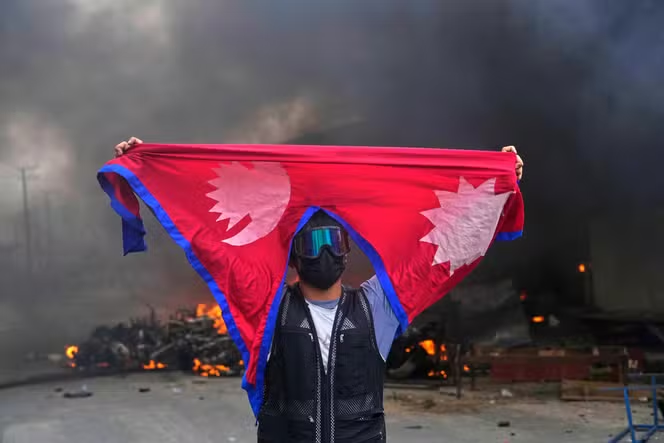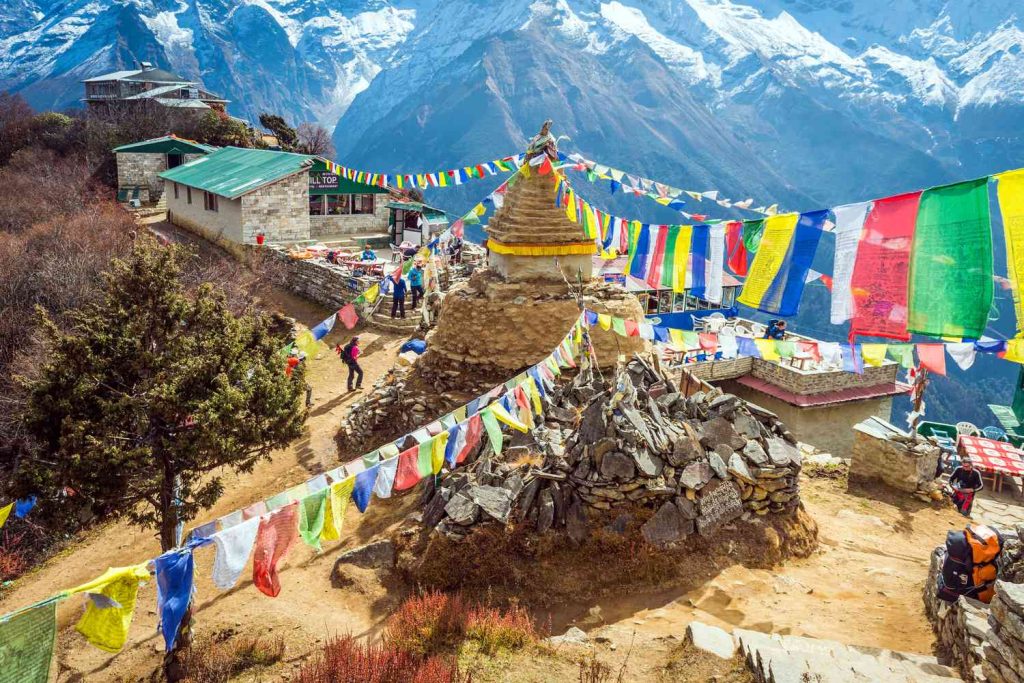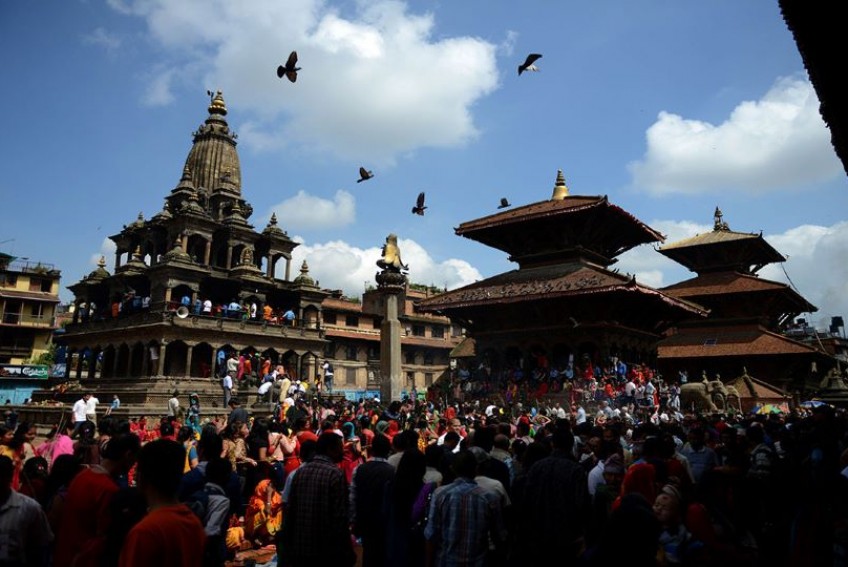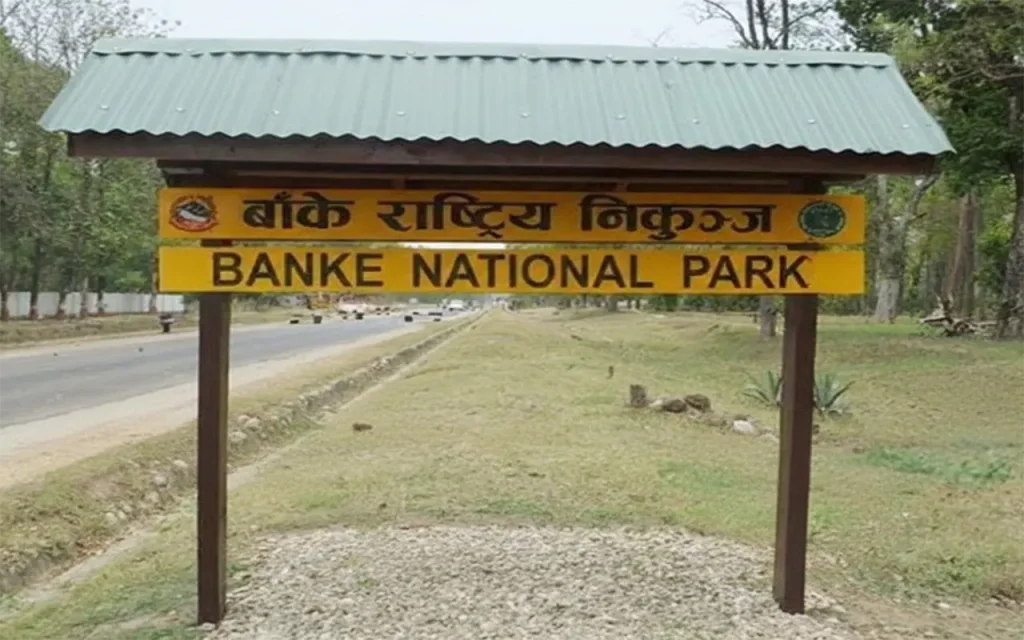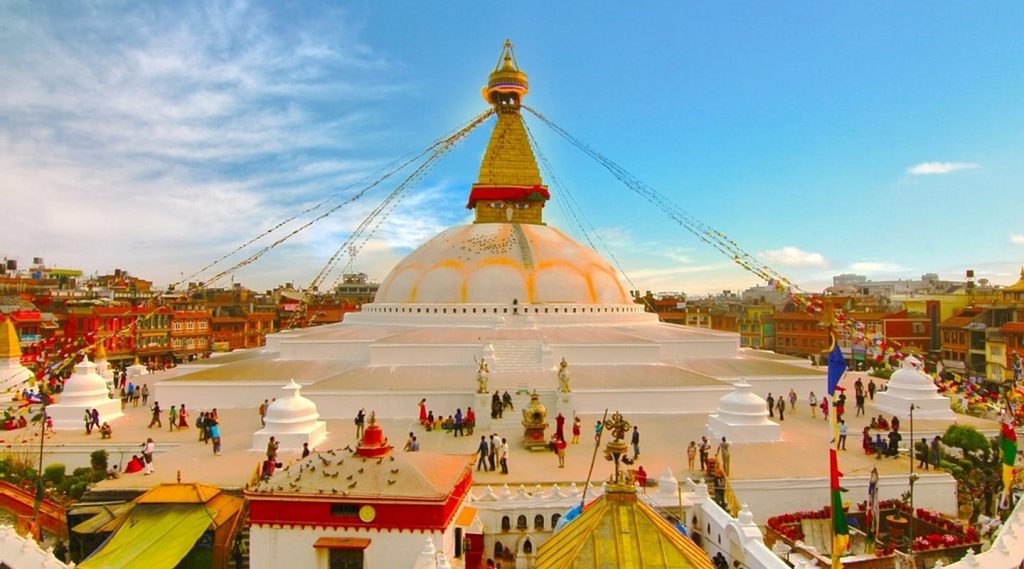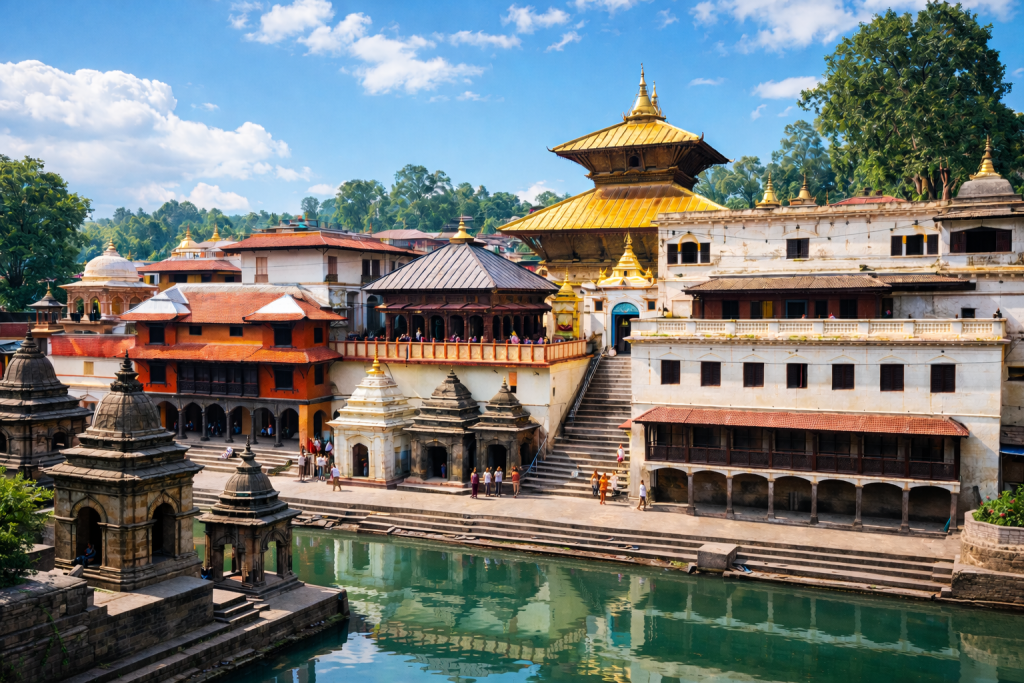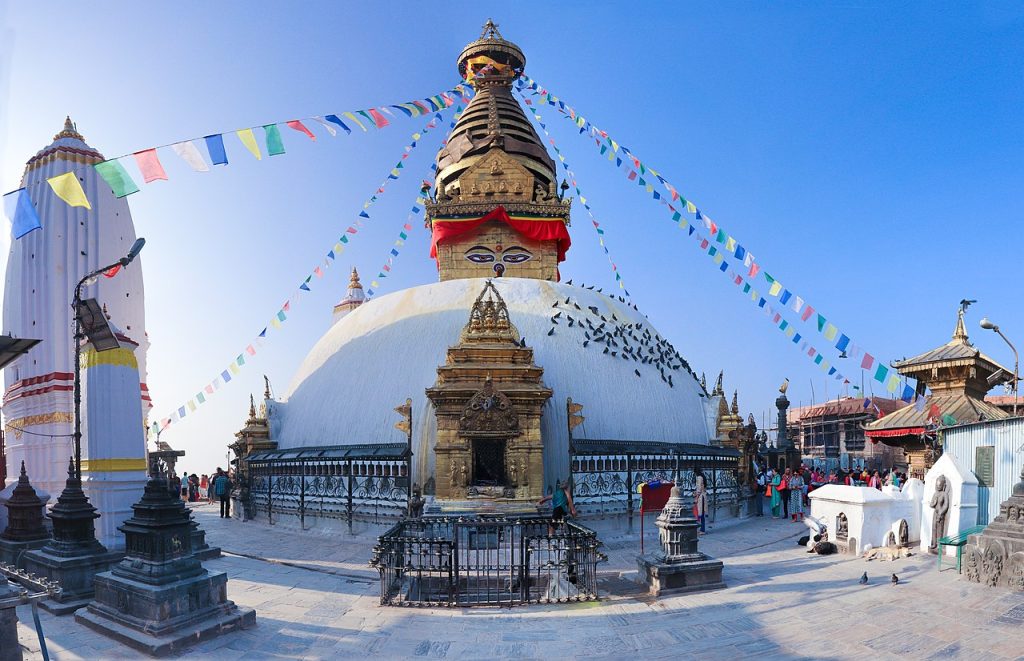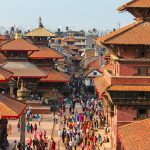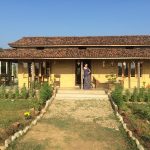Now Reading: Expat Life in Nepal: A Unique Blend of Tradition, Adventure, and Community
-
01
Expat Life in Nepal: A Unique Blend of Tradition, Adventure, and Community
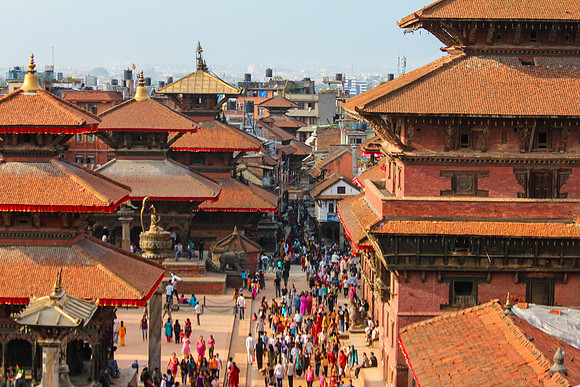
Expat Life in Nepal: A Unique Blend of Tradition, Adventure, and Community
Moving abroad is always an adventure, but few destinations offer the mix of natural beauty, cultural richness, and welcoming spirit that Nepal does. Nestled between India and China, Nepal is world-famous for its Himalayan peaks, vibrant traditions, and warm hospitality. For expats, living in Nepal can be both rewarding and challenging, with experiences ranging from trekking the world’s highest mountains to learning the rhythms of daily life in Kathmandu’s bustling streets. Whether you are relocating for work, volunteering, or seeking a slower pace of life, Nepal has a way of leaving an imprint on everyone who spends time here.
Why Choose Nepal as an Expat Destination?
Most people considering living in Nepal as an expat are drawn by its reputation as a land of adventure. Home to Mount Everest and eight of the world’s fourteen tallest mountains, Nepal has long attracted climbers, trekkers, and outdoor enthusiasts. But beyond adventure, there is something deeper that appeals to expats: Nepal’s spiritual traditions, cultural diversity, and relatively simple lifestyle.
Unlike many Asian capitals, Kathmandu is not a polished expat hub; it’s raw, authentic, and immersive. That’s what makes expat life in Nepal truly unique.
Where Do Expats Live in Nepal?
Most expats settle in Kathmandu, the capital city, which is the cultural and economic heart of Nepal. Popular neighbourhoods for foreigners include:
- Thamel: Known for its tourist-friendly cafes, shops, and nightlife.
- Lazimpat: A quieter area with embassies, hotels, and expat-friendly housing.
- Patan: Famous for its historic Durbar Square, art scene, and more laid-back living.
Another hotspot for foreigners is Pokhara. With its serene lakeside setting and dramatic Himalayan views, expat life in Pokhara offers a slower pace. It’s especially attractive to retirees, digital nomads, and those who love outdoor adventure.
Smaller towns like Bhaktapur and Chitwan also appeal to expats who want more authentic local living.
Work, Volunteering, and Digital Nomad Life
Expats in Nepal usually find opportunities in:
- NGOs and nonprofits – A large number of international NGOs operate in Nepal.
- Teaching – International schools and language centres hire expats to teach English or other subjects.
- Tourism – Trekking companies, hotels, and adventure travel businesses often employ foreign expertise.
- Remote work – Thanks to the improving internet in Kathmandu and Pokhara, digital nomads are discovering Nepal as a low-cost, inspiring base.
Volunteering is also common, though expats should carefully vet organisations to ensure their work has a meaningful impact.
Cost of Living in Nepal
One of the biggest draws for expats in Nepal is affordability. You can live comfortably here for a fraction of what you’d spend in Western countries.
- Rent: $200–$600 per month in Kathmandu, cheaper in Pokhara.
- Food: Local meals (dal bhat, momos) cost under $2, while international restaurants range from $5–$15.
- Transport: Local buses are very cheap, and taxis are affordable.
- Utilities: $50–$100 monthly for electricity, water, and internet.
Overall, the cost of living in Nepal ranges between $800–$1500 per month, depending on lifestyle.
Challenges of Expat Life in Nepal
Like any destination, living in Nepal comes with challenges:
- Infrastructure issues – Power cuts and water shortages can still occur.
- Traffic and air quality – Kathmandu’s congestion and pollution can be overwhelming.
- Healthcare limitations – Good for basic needs, but expats often travel abroad for serious medical care.
- Slow bureaucracy – Patience is key when handling visas, banking, or government processes.
Still, many expats say these challenges are balanced by the rewards of living here.
Immersing in Nepali Culture and Festivals
One of the joys of expat life in Nepal is joining the vibrant festivals and traditions. Some highlights include:
- Dashain – Nepal’s biggest Hindu festival with family gatherings and rituals.
- Tihar (Festival of Lights) – A five-day celebration honouring animals, family, and prosperity.
- Holi – The colourful spring festival loved by locals and foreigners alike.
- Buddha Jayanti – Honouring the birth of Buddha with prayers and ceremonies.
Living in Nepal gives expats the chance to experience these traditions not as tourists but as part of the community.
Expat Community in Nepal
Foreigners in Nepal often find a welcoming and supportive environment. Locals are friendly, and there are plenty of ways to meet other expats:
- Social clubs and meetups in Kathmandu and Pokhara.
- Yoga studios and meditation retreats.
- Hiking and trekking groups.
- Co-working spaces are popular with digital nomads.
The expat community in Kathmandu is especially active, offering newcomers a network to share advice, resources, and friendship.
Adventure and Leisure
Adventure is never far away in Nepal. Popular activities for expats include:
- Trekking in the Himalayas.
- Paragliding in Pokhara.
- White-water rafting on the Trishuli River.
- Weekend hikes to Nagarkot, Dhulikhel, and Shivapuri.
For relaxation, yoga and meditation retreats are widely available, blending local Buddhist and Hindu traditions. Many expats use their time in Nepal to pursue personal growth alongside outdoor adventure.
Family Life for Expats
Expats with families find Nepal both rewarding and challenging.
- Pros: Kids experience cultural diversity, nature, and outdoor activities. International schools in Kathmandu and Pokhara offer quality education.
- Cons: Limited healthcare and infrastructure may require extra planning. Families often travel abroad annually for medical needs or holidays.
For those willing to adapt, raising a family in Nepal can be an enriching experience.
Tips for Expats Moving to Nepal
- Learn some Nepali phrases – Simple greetings make a big difference.
- Get health insurance – For peace of mind in case of emergencies.
- Respect local culture – Dress modestly and observe traditions.
- Prepare for a slower pace – “Nepali time” is real, and patience helps.
- Stay flexible – Embracing change makes life easier and more rewarding.
Conclusion
Expat life in Nepal is not for everyone. It’s a place of contrasts, majestic mountains and chaotic cities, warm hospitality and tricky bureaucracy, affordable living and limited healthcare. Yet for those who embrace its rhythms, Nepal offers something truly unforgettable: authenticity, adventure, and community.
Whether you are sipping tea in Kathmandu, working remotely in Pokhara, or celebrating Dashain with your neighbours, living in Nepal is more than an experience; it’s a way of life. For expats willing to adapt, Nepal is not just a destination but a home full of discovery and meaning.

